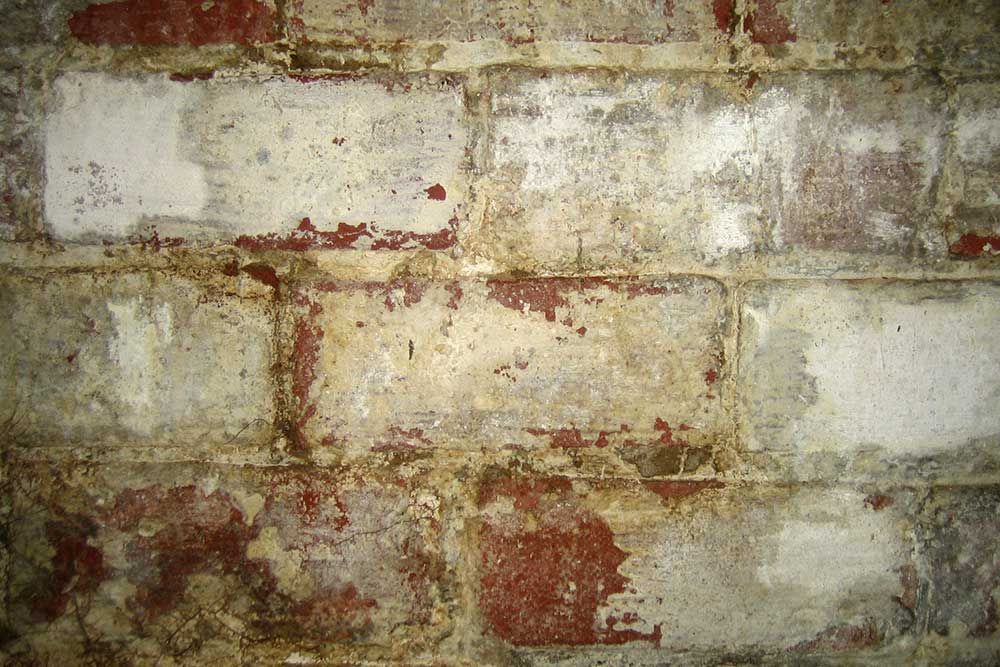A leaky basement can be a menace for homeowners to deal with. While in some cases, it may manifest in the form of flooding or the formation of puddles in the basement, other signs such as mold growth, increased humidity levels, water stains on the walls and ceilings, flaking of concrete or stone, and a musty, damp smell in the area, maybe more concealed. If left unchecked, these can cause significant structural damage.
Dealing with water leakage in the basement
To fix the problem of water leakage in the basement, one needs to start by finding the main source of the leak. The leakage could be a result of a plumbing problem, a cracked foundation, hydrostatic pressure, poor drainage, condensation, floor cracks, window wells, or even clogged gutters.
DIY basement leak assessment
Some simple checks can help homeowners assess and even diagnose leaks better.
- Visual inspection: Check for any visible holes or cracks in the ceiling, walls, and floors from where water could seep in. Head out of the house and look for any water pooling around the foundation of the home. This is also a good time to check if the gutters or spouts around the house are choked.
- Sloping: The ground outside should slope away from the house to prevent water collection and seepage.
- Condensation: One could also check for condensation in a small area of their home to assess the trouble. Simply seal off one portion of the house using plastic wrap. The edges should be secured with tape to create a tight seal. Moisture accumulation within the day is a sign of a condensation problem.
- Mold growth: Check for signs of mold or mildew around the house. An air quality check may further ascertain these results.
Fixing water leaks in the basement
Once located, the next step would be to cover and/or protect any of the belongings in the basement. Depending on what the actual cause of the issue is, homeowners can either try to fix the problem themselves, or hire a professional contractor to take care of it.
To fix the leakage, one would need access to tools such as a hygrometer, a moisture meter, a sump pump, caulk, hydraulic cement, waterproofing paints, sealants, and a dehumidifier.
DIY fix for a minor leak
For smaller leaks, many homeowners prefer dealing with the issue themselves with a DIY solution.
- Seal or plug small cracks using hydraulic cement or epoxy.
- Improve exterior drainage by regrading the soil, extending the downspouts, or even installing a new drainage system.
- Reposition or install new gutters and ensure they are cleaned well.
- Use a waterproofing paint to prevent recurring water seepage issues.
These are typically the cheapest ways to repair basement leaks, with the actual costs depending on the tools and methods used.
Calling a professional to repair a leaky basement
Water leakage can pose serious issues by compromising the structural integrity of the house. In situations that include structural damage, significant shifts in the home, leaks caused as a result of water or soil composition, failure of previous DIY attempts, or even toxic mold removal, one must seek professional advice and help.
Professionals can charge anywhere from a couple of hundred dollars to thousands of dollars, depending on the severity and complexity of the fix. In some cases, the home’s flood insurance may be able to cover some or all of these.
How to find a basement leak repair professional
Searching for a leak repair professional may feel like a daunting task to some. Taking a methodical approach to it can help make it easier.
- Online search: The simplest way to begin searching for a basement leak repair professional is by conducting an online search. Just look for the term “basement leak repair near me” online and find a list of contractors nearby. One can also turn to digital directories of certified specialists maintained by third-party agencies.
- Seek referrals: Alternatively, homeowners can talk to their neighbors, friends, and family who may have faced similar problems. They may be able to offer personal recommendations regarding contractors they have worked with in the past.
- Compare quotes: Don’t be in a rush to hire the first contractor. Instead, approach three to four different service providers and ask them for a quote on the repair. Read the fine print on each, and compare them to find one that works best for the home.
- Read reviews: When hiring a professional service provider, make it a habit to read reviews from other customers online. These can be found on the contractor’s website or their business page. The information will help one better understand the professional’s area of expertise and bring any potential risks to the forefront.
To avoid dealing with basement leaks again, one also needs to invest in a long-term prevention strategy, such as waterproofing the area, fixing the leak, encapsulating the basement, and using a dehumidifier to control moisture levels. Other preventative measures such as keeping the gutters clean, regularly inspecting the landscape, monitoring plumbing, and using sump pumps may also help keep water leaks in the basement at bay.
